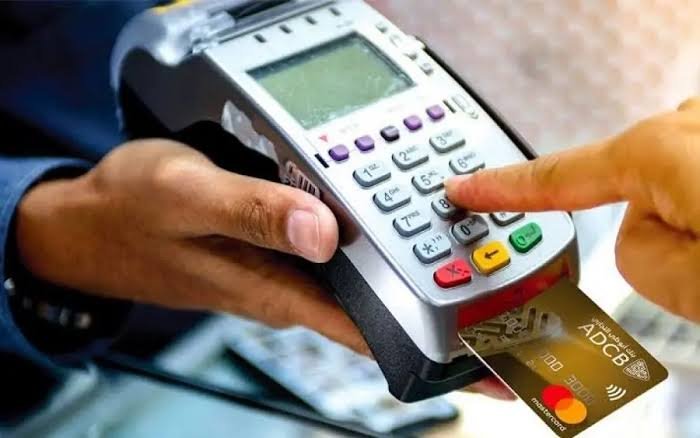As Nigerians endure the weight of the government’s economic reforms, a new nightmare unfolds for millions. PoS operators utter the now all-too-familiar words, “No cash.” For countless citizens, this simple phrase has become the anthem of their daily struggles.
On December 18, the Central Bank of Nigeria (CBN) announced a controversial policy limiting Point-of-Sale (PoS) agents to daily withdrawals of ₦100,000 per individual. The measure, part of an ongoing push for a cashless economy, was introduced under the banner of progress. But for millions of Nigerians, particularly in rural communities, it feels more like a punishment than progress.
PoS agents are not just a convenience in Nigeria; they are the backbone of financial access for the underbanked and the unbanked. In areas where bank branches are non-existent, these agents are the last lifeline for rural dwellers. With the new withdrawal cap, that lifeline is fraying fast.
Worse still, this restriction comes at a time when cash scarcity has become a hallmark of daily life. Despite a reported increase of ₦1.59 trillion in currency held outside the banking system, cash availability for ordinary citizens has plummeted. Reports reveal PoS operators now buy cash from market sellers and petrol station attendants.
The roots of this crisis trace back to the naira redesign in 2022 under former President Muhammadu Buhari. The redesign targeted three of the eight denominations—₦200, ₦500, and ₦1,000—with promises of improved currency management. Yet, the rollout left rural Nigerians struggling to deposit or withdraw their savings.
Data from Enhancing Financial Innovation and Access (EFInA) shows that only 38 percent of rural adults in Nigeria live near financial service providers. Most rely on PoS agents for cash, as only a fraction can access bank branches. For small business owners and traders in these areas, the ₦100,000 withdrawal limit is not just inconvenient, it’s a threat to their businesses.
Fasasi Sharafadeen, the President of the Association of Mobile Money and Bank Agents of Nigeria (AMMBAN), pointed out that over ₦4.1 trillion is circulating in the economy, with ₦3.8 trillion—94 percent of it—not returning to the banks. According to him, contrary to what Nigerians experience, the country doesn’t have a cash shortage problem; the problem is a systemic failure to address those hoarding and selling it at exorbitant rates.
And herein lies the paradox. While the CBN advocates for a cashless policy, the infrastructure to support such a transition remains woefully inadequate. A report by the Global System for Mobile Communications (GSMA) highlights that 63 percent of Nigerians in rural areas are unconnected, further exposing the digital divide that complicates this policy shift.
Policies that leave the common man behind are policies that fail the nation. For too long, Nigerians have borne the brunt of decisions made without consideration of their realities. It’s time for the CBN and other regulators to step up—not with lofty goals, but with actionable solutions that work for everyone.
If the apex aims to advance a cashless economy, then the path must begin with equitable access. The CBN needs to look at its policies and collaborate with PoS agents, mobile money operators, and other stakeholders to create a pragmatic framework. Financial inclusion isn’t just about reducing reliance on cash; it’s about ensuring every Nigerian has a fighting chance in the economy.
The road to a cashless economy is a marathon, not a sprint. To win, we must not lose the people along the way.
Isiaq Ibrahim is a freelance writer and journalist, and a 2024 Journalism for Liberty Fellow at the Liberalist Centre.













